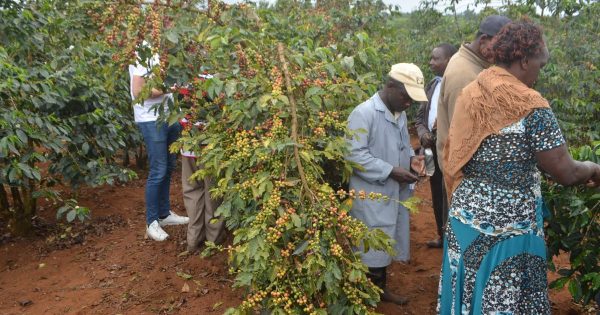Uganda has intensified efforts to register 2.8 million coffee farmers nationwide, aiming to comply with the European Union’s Deforestation-Free Products Regulation (EUDR) before the December 30, 2025, deadline.
This initiative is crucial to maintain access to the EU market, which accounts for approximately 66% of Uganda’s coffee exports.
The EUDR mandates that agricultural commodities, including coffee, imported into the EU must not originate from land deforested after December 31, 2020.
To meet this requirement, Uganda’s coffee must be traceable to its source, ensuring it is deforestation-free.
Government’s Registration Initiative
The Uganda Coffee Development Authority (UCDA) is spearheading the registration process, utilizing a newly developed digital traceability system. This system captures geolocation data of coffee farms, assigning unique identifiers to each, facilitating compliance with EUDR standards.
As of May 2025, approximately 1.25 million farmers have been registered. The government aims to reach 1.8 million by the end of June and the full target of 2.8 million by December.
The Ugandan government has allocated UGX 13 billion (approximately USD 3.5 million) for the 2024/25 financial year to support the registration exercise and the establishment of the National Traceability System. Additional funds are expected in subsequent years to ensure the initiative’s continuity.
Stakeholder Engagement and Challenges
While the government emphasizes the importance of compliance for market access, some farmers’ express concerns. They fear the new regulations could lead to increased costs and potential exclusion from markets if they fail to meet the stringent requirements. Others worry about the implications of land-use history on their eligibility.
To address these concerns, the government is engaging with local authorities and farmer groups to raise awareness about the benefits of registration and compliance. Training programs are also being implemented to assist farmers in understanding and meeting the new standards.
Looking Ahead
Uganda’s proactive approach to EUDR compliance demonstrates its commitment to sustainable agriculture and maintaining its position in the global coffee market.
By investing in digital traceability and farmer registration, the country aims to ensure its coffee remains a staple in European markets while promoting environmental conservation.








